15 Quacklingly Interesting Duck Facts
Are you a fan of our web-footed feathered friends? Or just looking for some fun facts about ducks? Then check out this list of eggs-ellent info!
There's a lot more to ducks than you might think! Sure, they're cute and funny looking, but did you know they're also highly intelligent? Great at dancing? How about fond of solid gold for dinner? You can find out about all these quacking duck facts in this totally bird-brained list!
Ready to learn some truly interesting duck facts? Let's go, then!
And if you'd rather learn about a different animal we have plenty more animal facts where this one came from! Check out these snail facts, these hamster facts, or even these koala facts!
1. Ducks quack in different accents
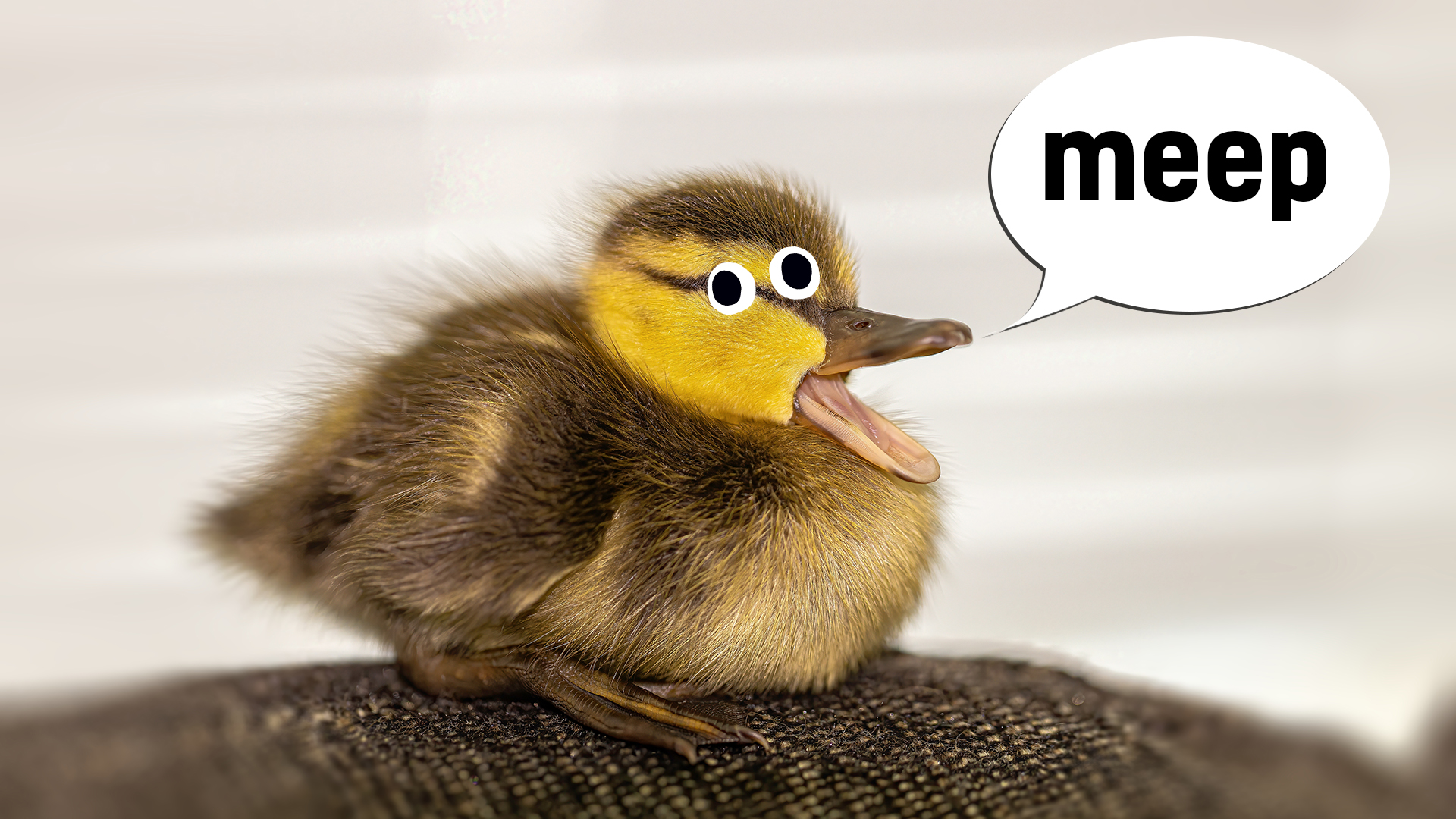
Like us humans, ducks have different accents depending on where they're from. Also like humans, city dwellers usually have harsher, louder voices compared to softly-spoken country ducks! So next time you hear a London duck, it might be talking cockney! Or should that be quackney?
2. Ducklings talk to each other before they're born
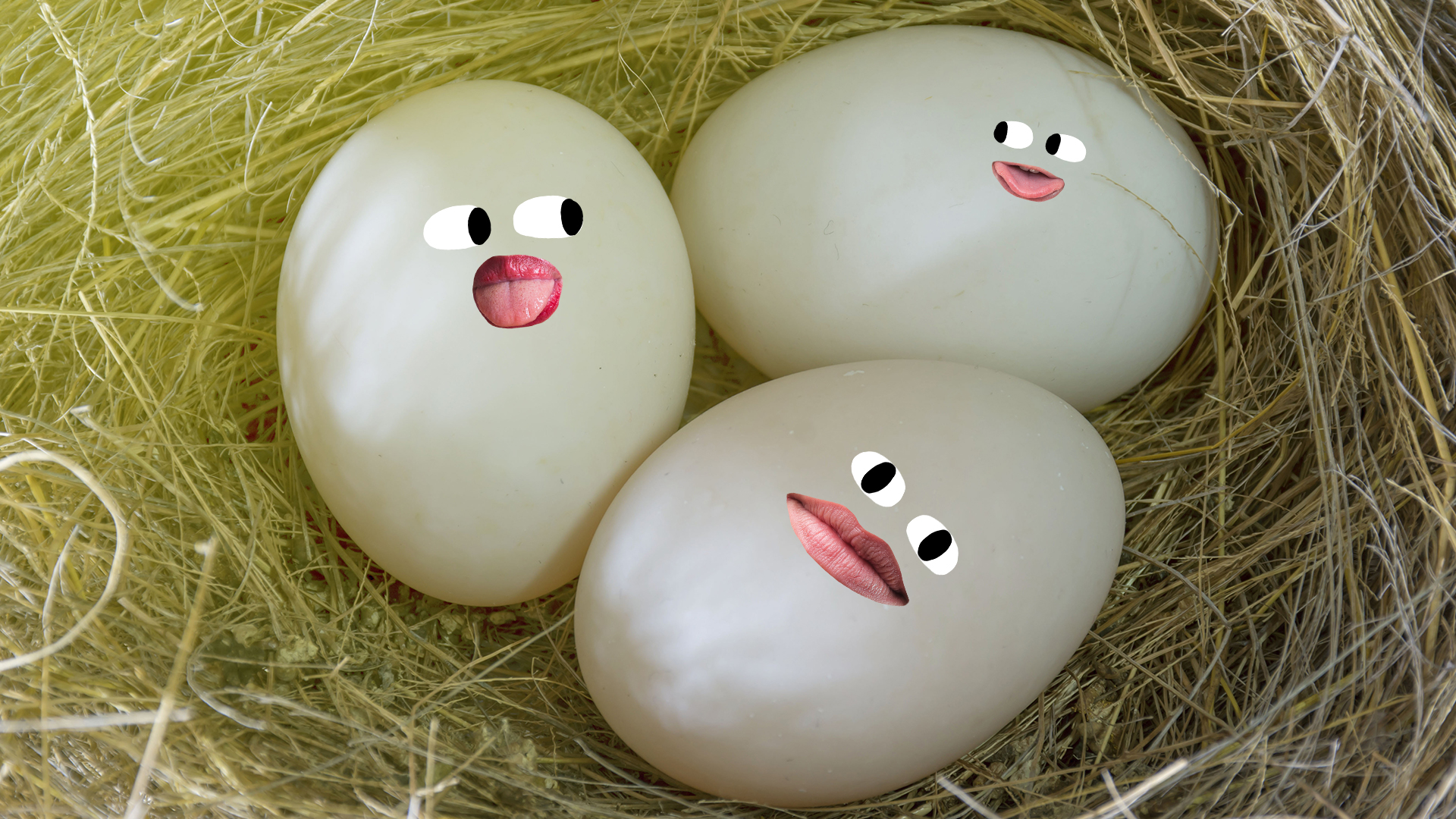
Woah! So it turns out that duck embryos make little "pipping" noises inside the eggs. The mother duck talks back to the little ducklings, to prepare them for hatching. The baby ducks even talk to each other so they can plan ahead and hatch at the same time. All these things will have evolved to help give baby ducklings the best chance at survival. Nature is amazing like that!
3. Ducks have better eyesight than you!
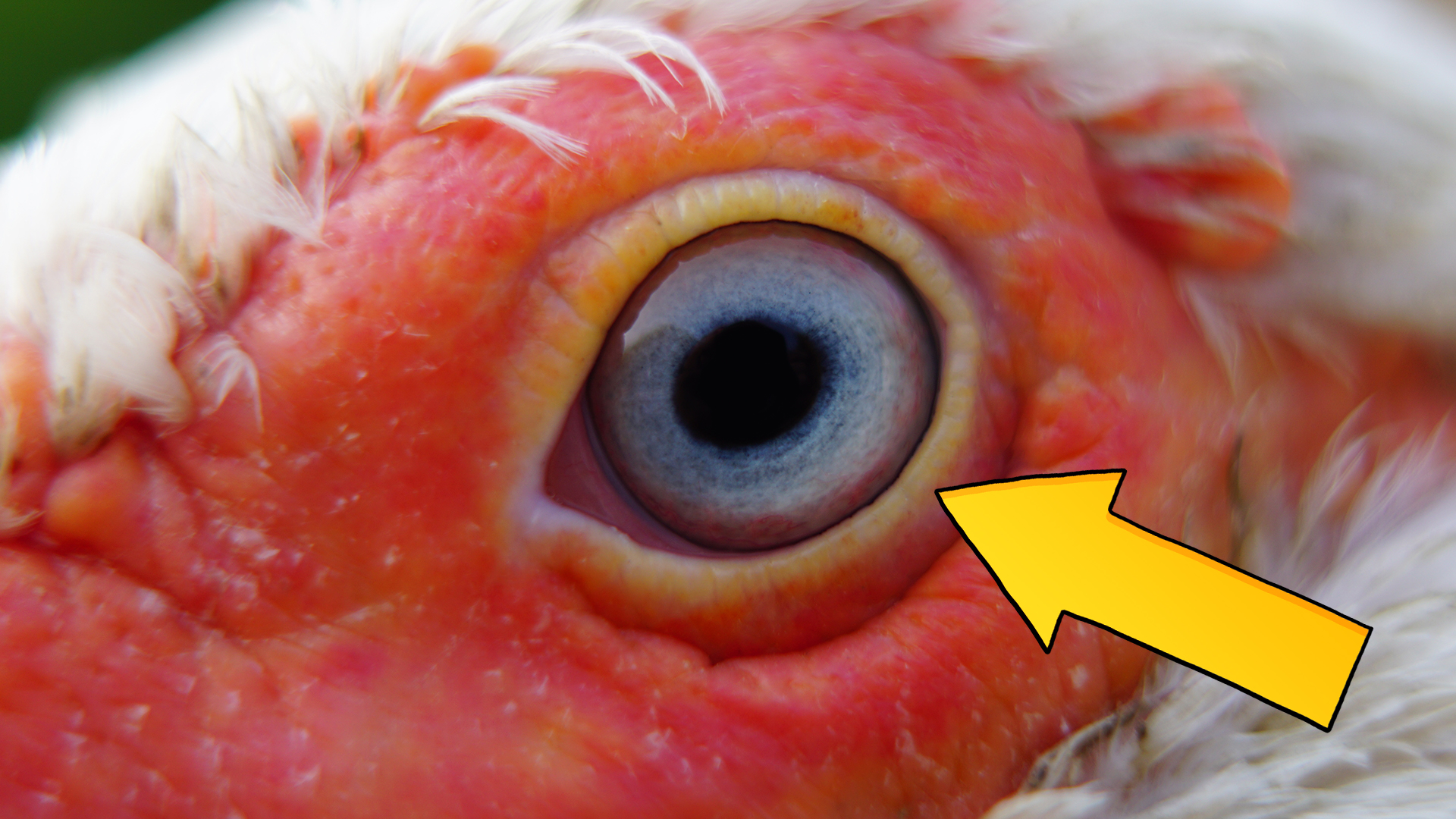
Ducks have really good eyesight. They can see 2-3 times further than humans can, and can pick out tiny details from a really long way away. They manage this by having special muscles in their eye that changes the shape of their eyeball - a bit like the way a telescope focuses. Humans have much simpler eyes, so it's likely eyesight is a really mportant feature in the life of ducks.
4. Duckbills are very sensitive
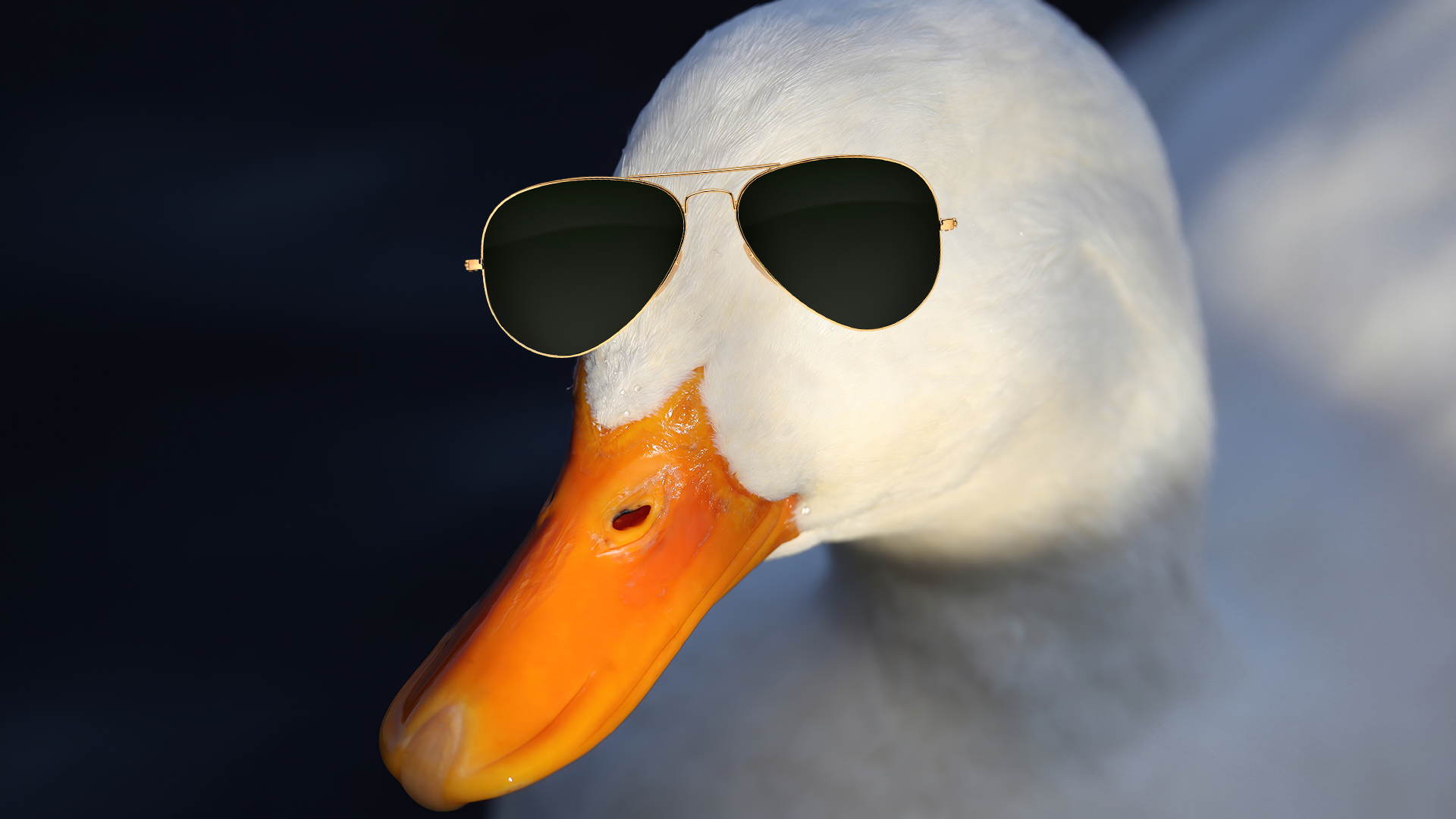
Duckbills are covered in touch receptors, which allows them to rummage around very effectively on the bottom of rivers looking for food. Their bills are very sensitive, a bit like a human hand. Oh, and a very silly fact that you might as well know while we're at it - the bills themselves look a bit like dog's heads from the right angle! Can you see it?
5. There are lots of different type of duck
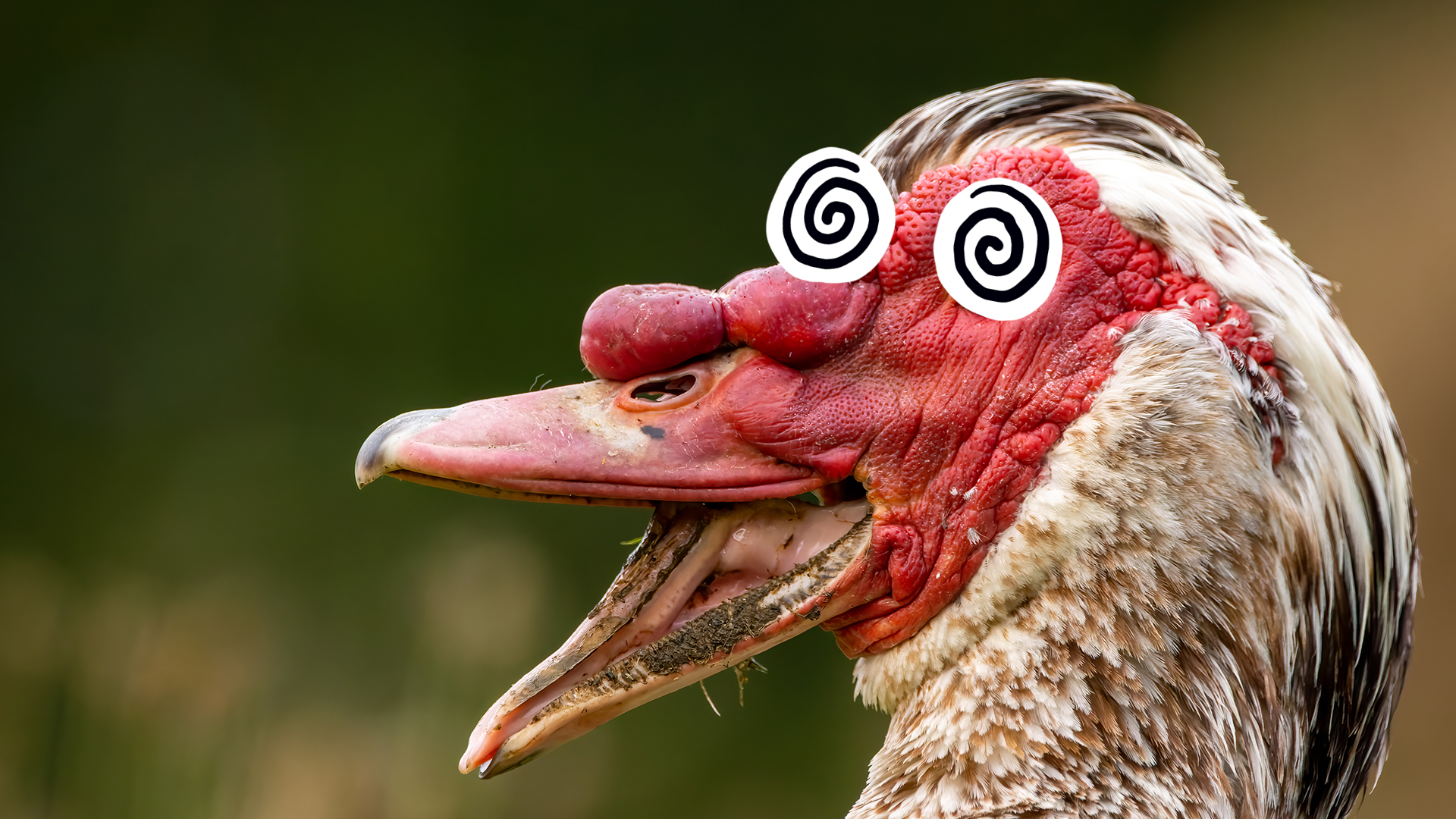
... and they're all different! There are around 166 different duck species around the World, and some look very different from each other. You can tell a lot about ducks from their bills, so sharp pointy bills are used to hunt fish, whilst scoop shaped ones are more useful for eating plants.
6. They're smarter than you might think
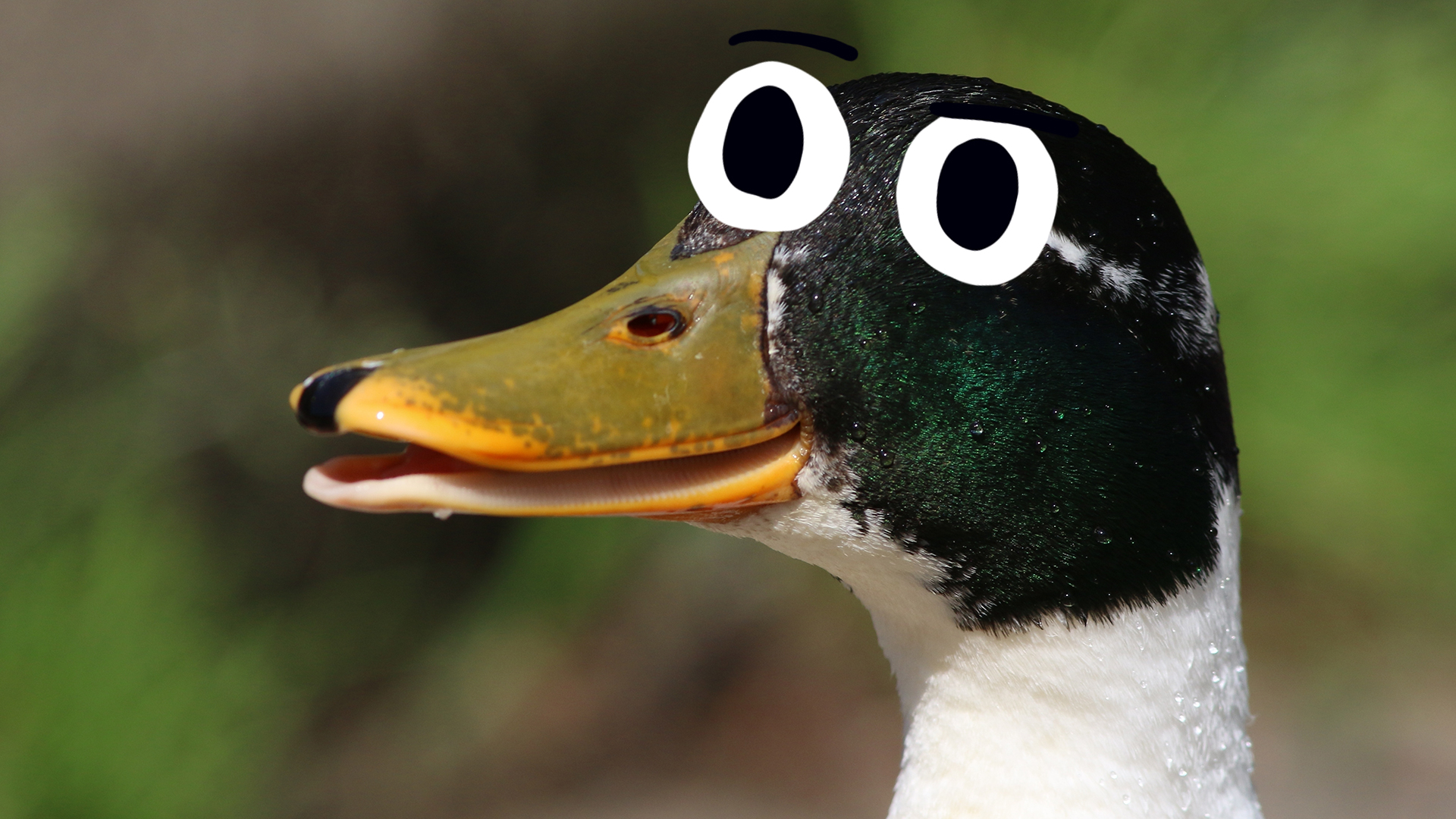
People don't often think of ducks as being clever (ever heard of the phrase bird-brained?) - but they really are! Duck scientists - duckologists? - reckon that ducks are capable of abstract thought and of understanding the relationshps between objects. This kind of skill used to be reserved for "higher" animals like apes, but we're always discovering loads of examples of animals being much smarter than we thought.
7. Ducks are amazing at flying
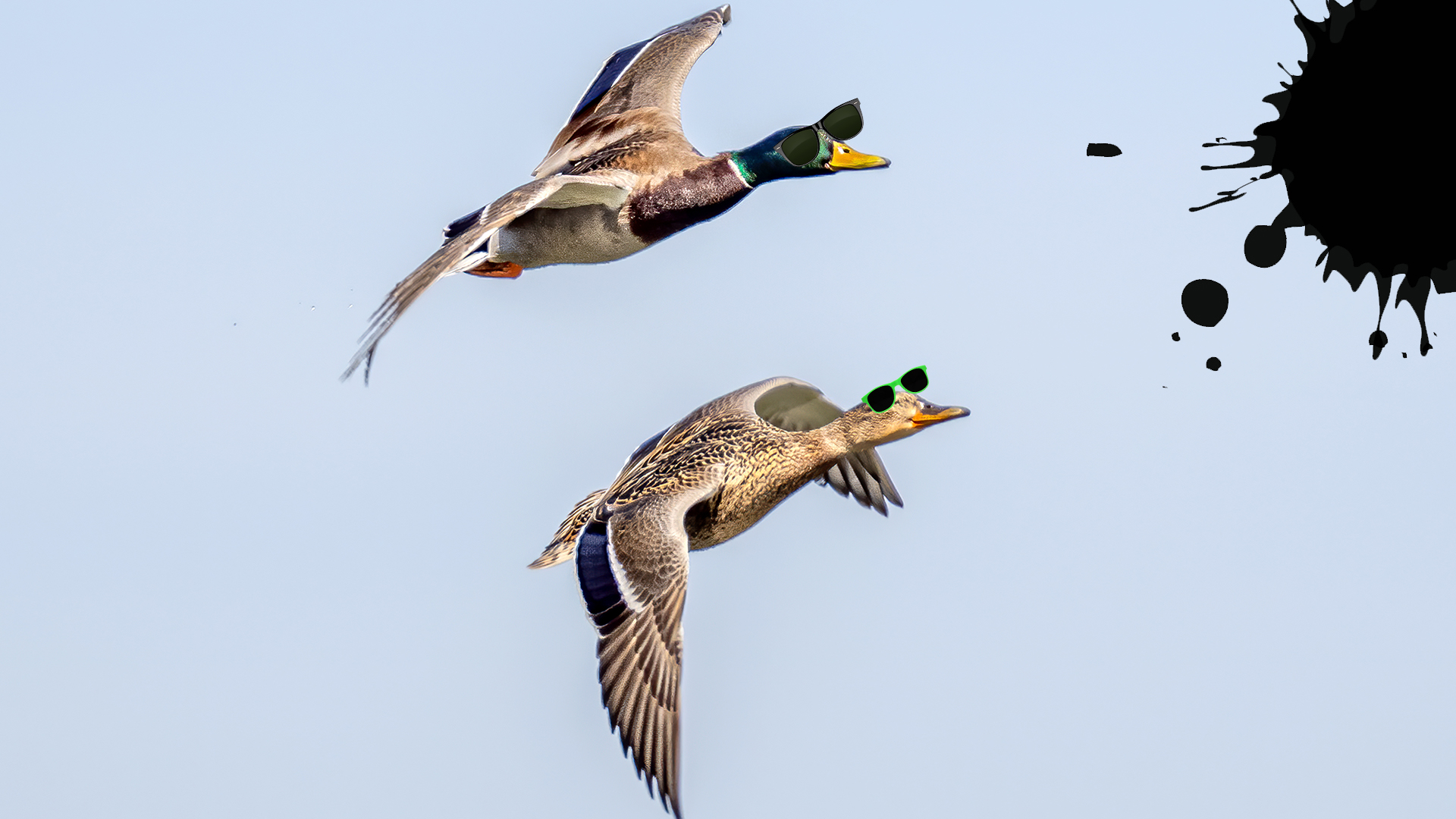
Some types of ducks can reach a top airspeed of about 100mph! Other ducks can fly as high as 21,000 feet (that's as high as a plane) and many ducks can fly a really long way. One type of duck, the fulvous whistling duck, is native to both North America and Africa. It's thought that at some point in history the North American group just flew there from Africa one day, and decided to stay!
8. Ducks are also excellent divers
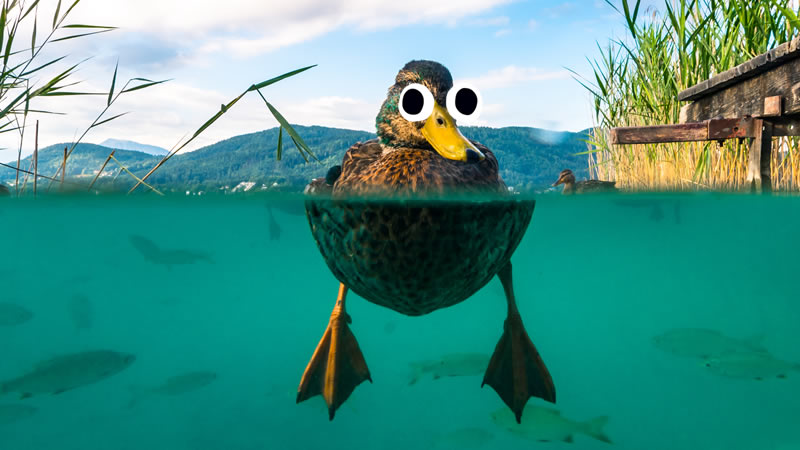
Lots of ducks dive - beause how else are they going to find all those tasty morsels at the bottom of ponds? Ducks bodies are perfectly designed for it, and some ducks can dive as deep as 240 feet! Their bodies have lots of very special muscles that can control their feathers, allowing them to swim gracefully underwater.
9. Ducks aren't fussy eaters!
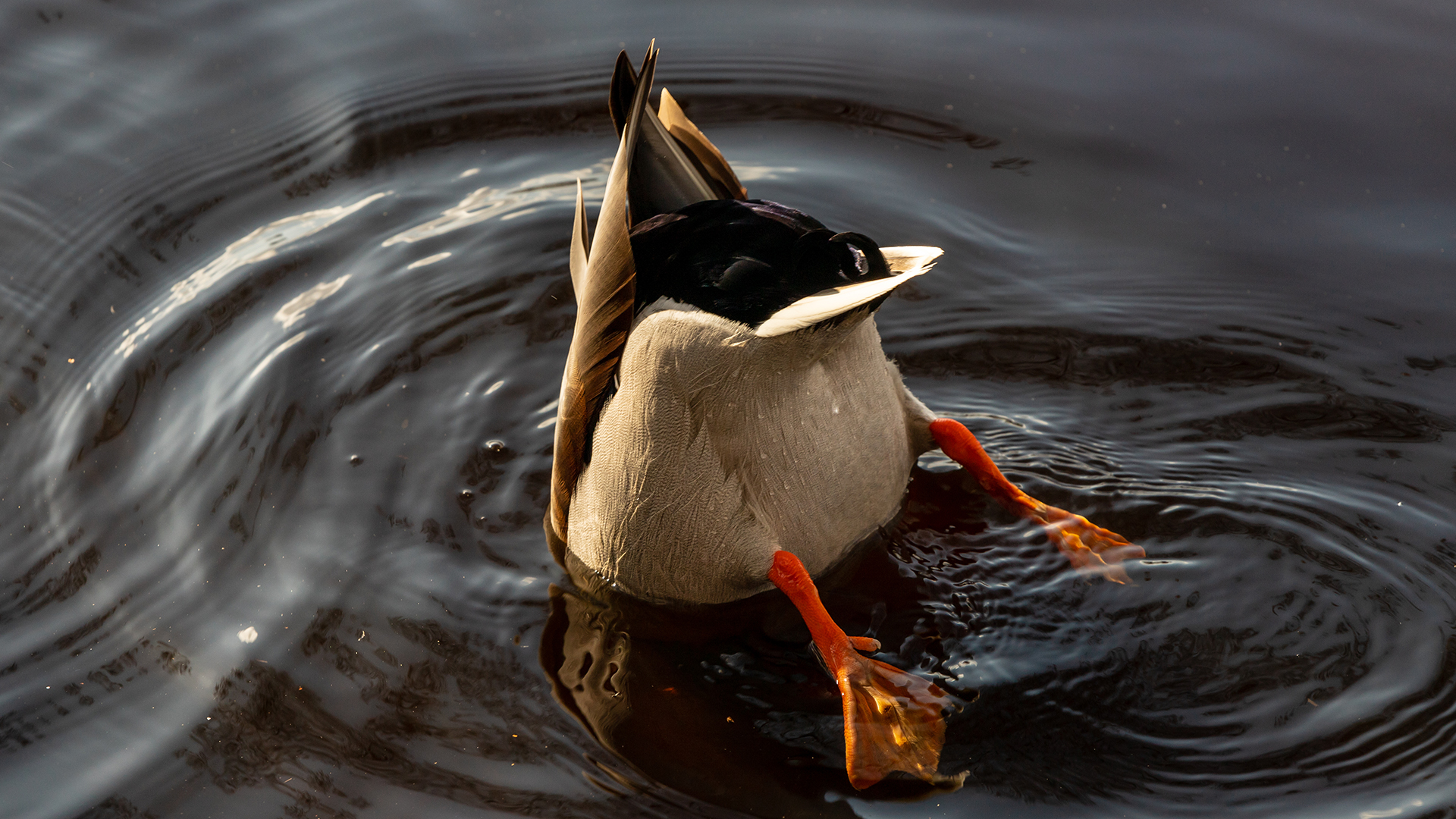
Ducks are omnivores, which means they eat anything. A standard duck diet is made up of plants, grass, insects, seeds, fruit, fish, crabs, and really anything else they can find! One thing they SHOULDN'T eat though is bread - it doesn't give them the nutrition they need and is actually bad for them. So when you next go to the park - please don't feed them your old sandwich crusts!
10. Ducks will even eat gold
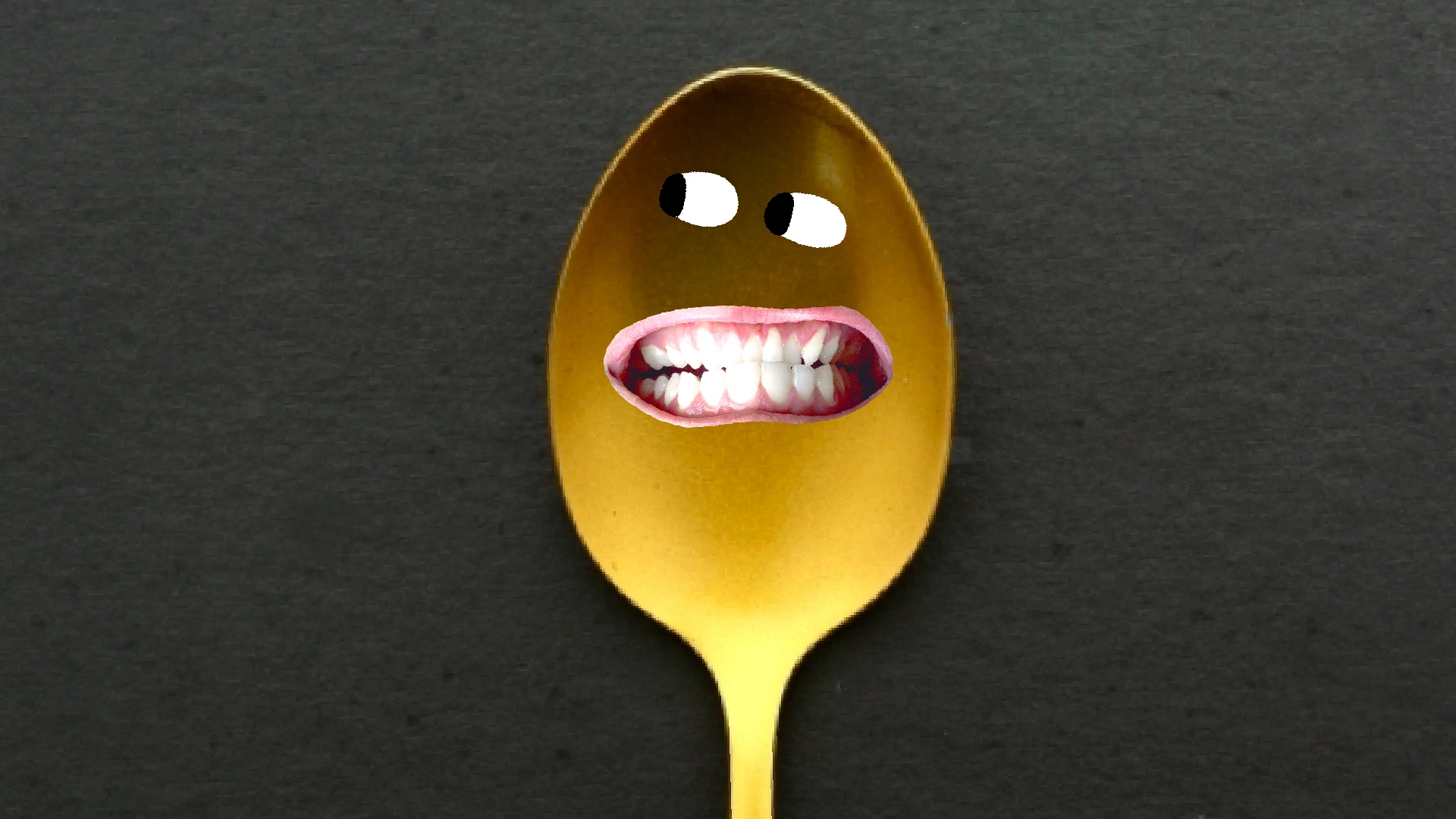
Birds deliberately swallow stones and sand to help grind up their food in their stomach. But if they found any nuggets of gold, they'd eat that too! And that's exactly what happened in the American West. When humans realised there were tiny bits of gold in ducks stomachs, it triggered the famous Gold Rush of the 1800s!
11. Ducks can change from female to male
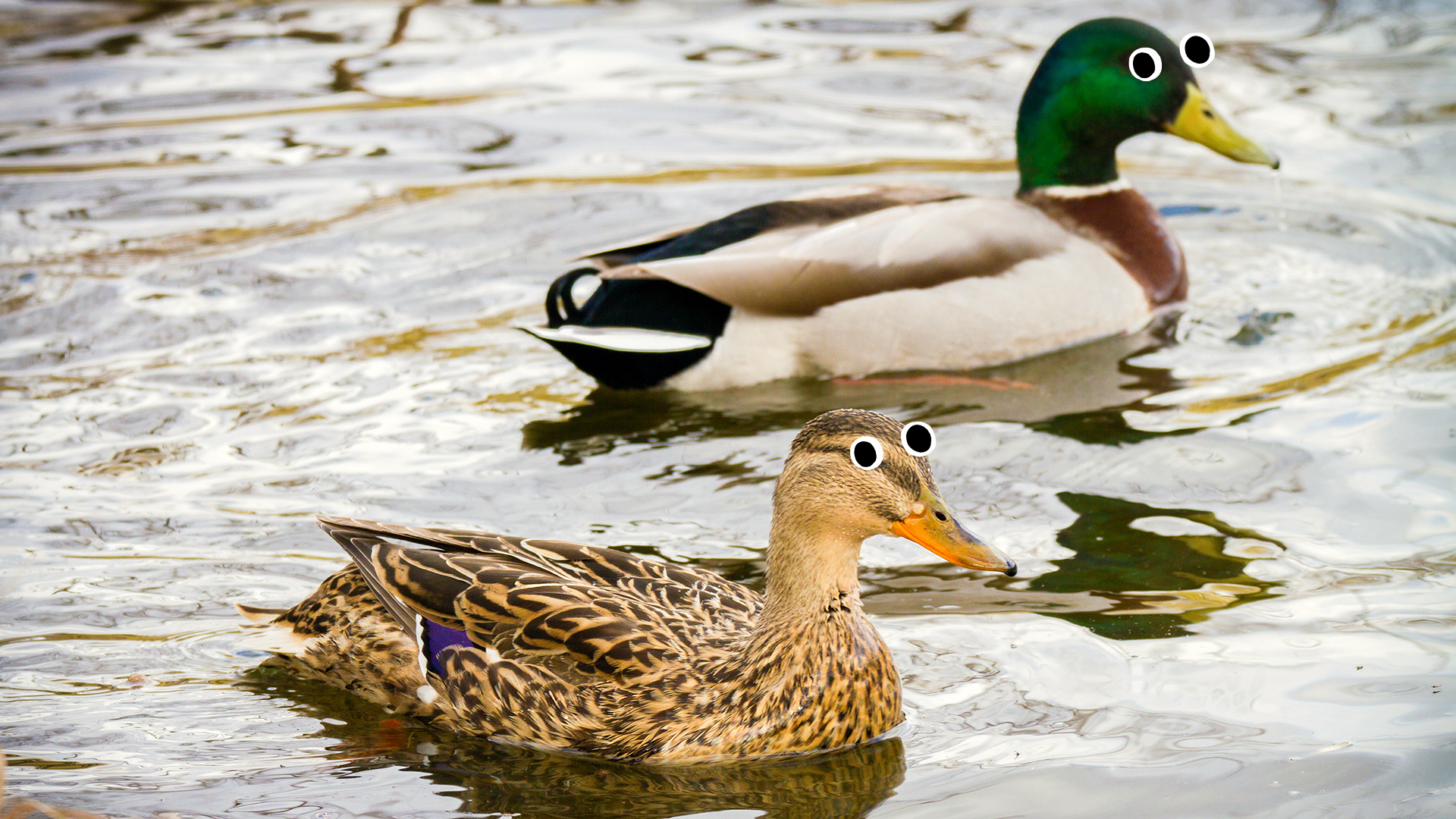
If they need to, ducks can change their sex. Their behaviour and bodies actually change to that of a male duck, to give them a better shot at passing on their genes if the situation needs it. This is actually very common in the animal kingdom and is quite normal. Us humans do it, too!
12. Ducks can live a long time
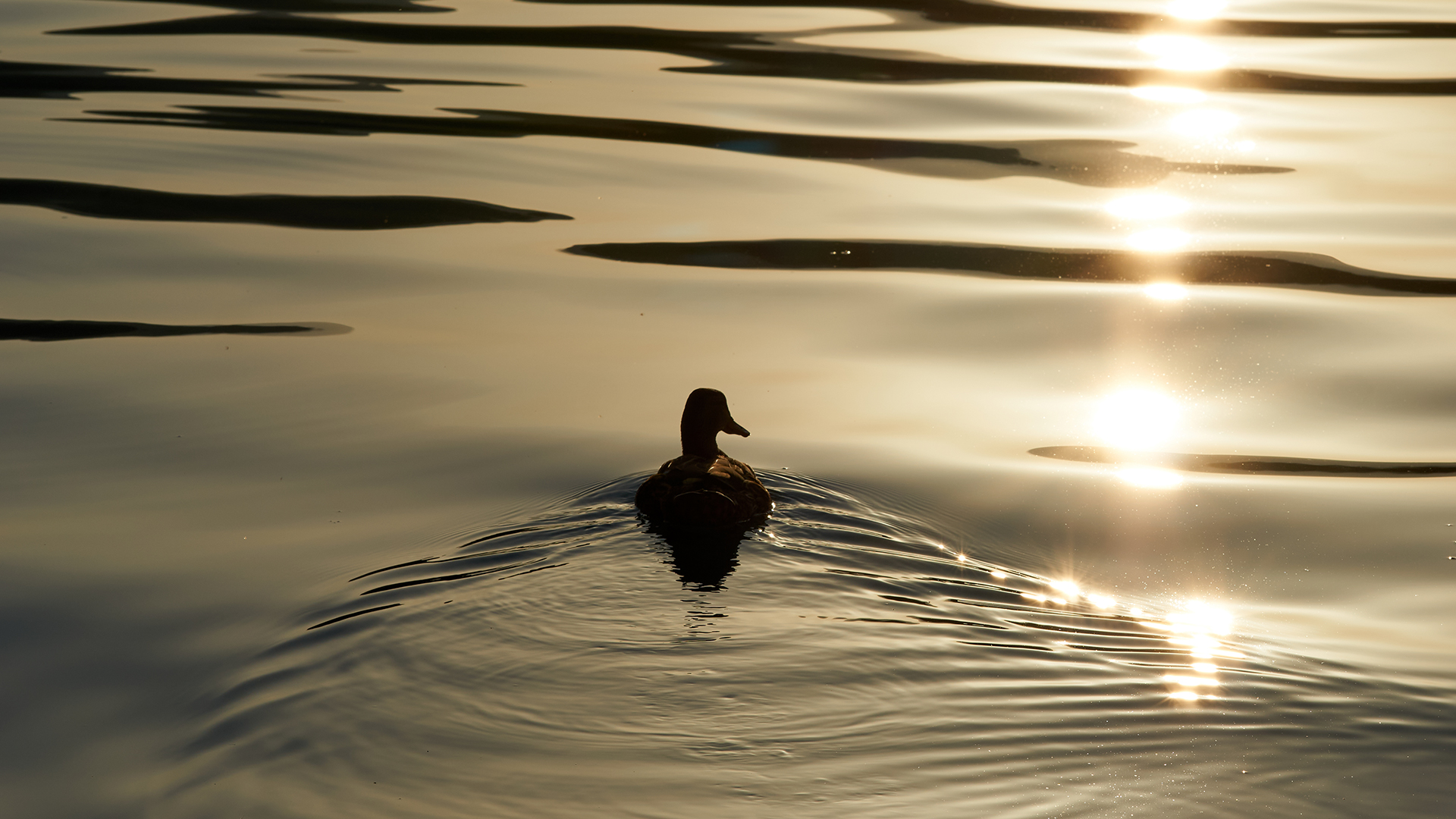
If they have everything they need and humans leave them alone - ducks can live a really long time, for 20 years or even more sometimes! Unfortunately, most don't live to see their 20th birthday, as a bigger animal eats them, they get sick, or they bump into some hungry humans. The oldest ducks ever were a pair from South Africa, who lived 49 years!
13. Female ducks choose their male partners
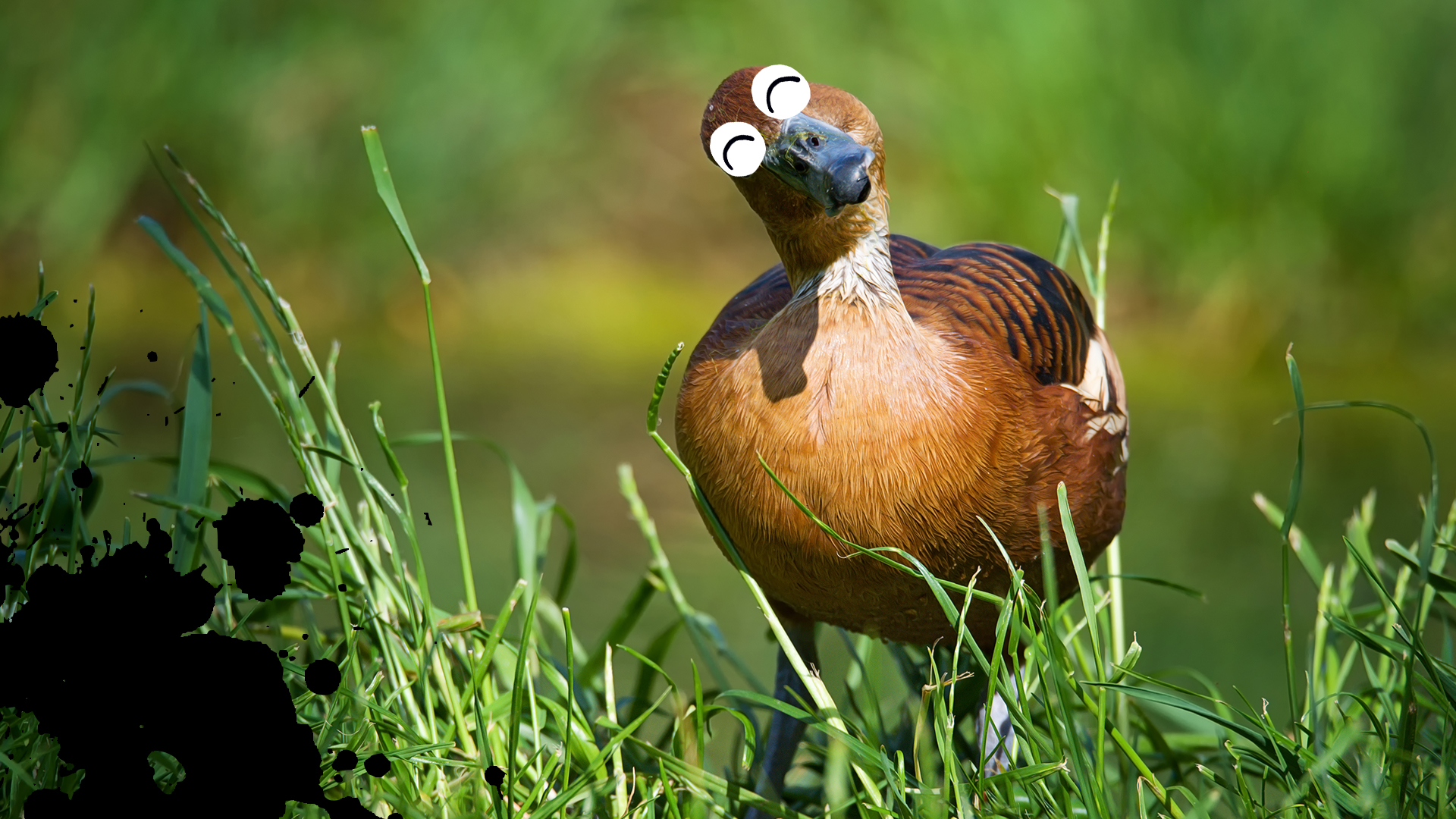
Female ducks can be quite picky with who they start a family with - and so they should, it's a big decision! One thing the ladies take into account is how well the male duck can dance. Like many birds, males have very complicated courting rituals that involves a lot of dancing from the male!
14. Duck's feet don't get cold
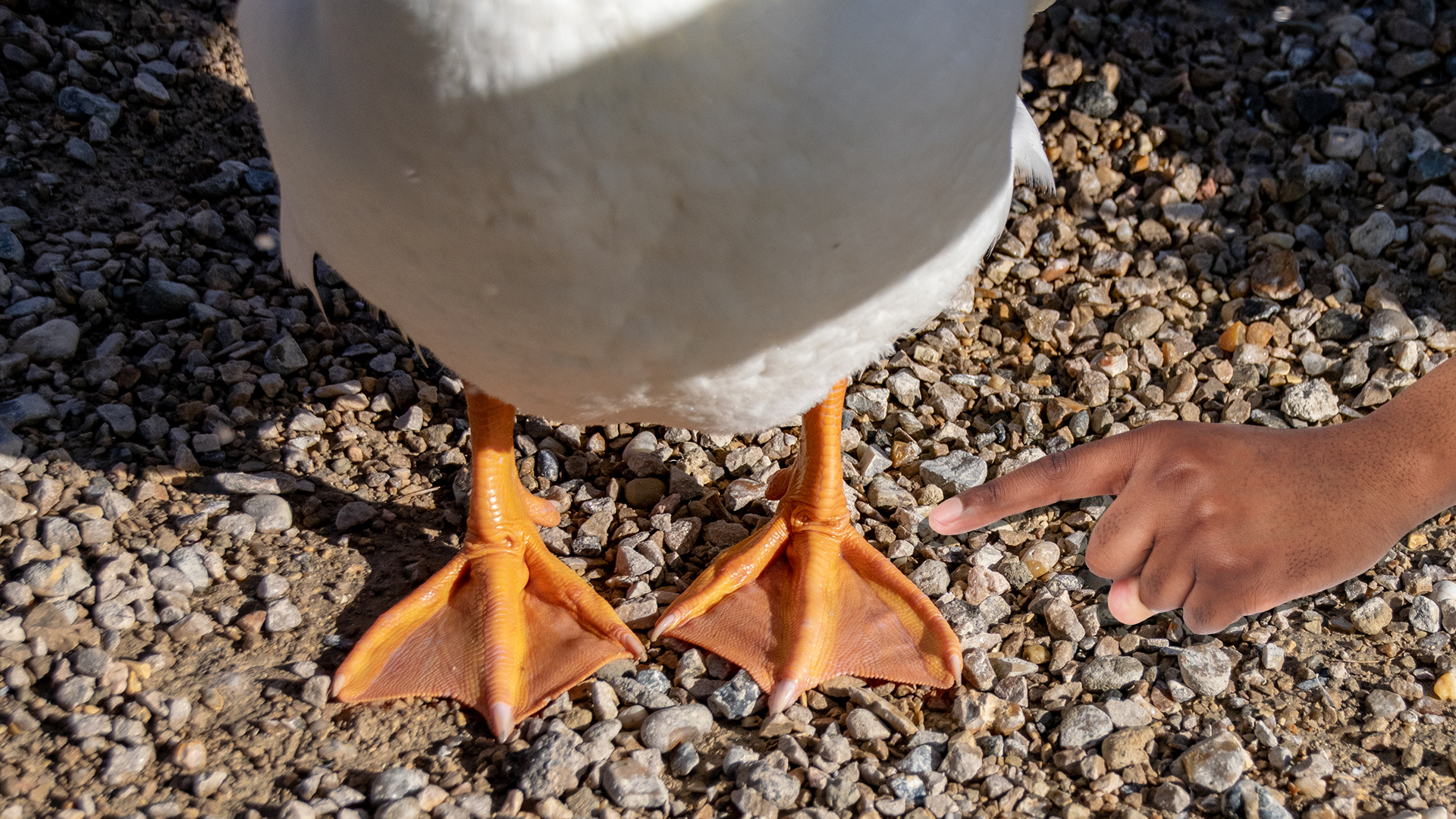
Well, not like ours do anyway! Ducks can close the blood system to their feet in cold weather, and often stand one-legged to save heat. Every calorie they waste on heating is another calorie they have to find from food, so it make sense for them to try and stay as warm as possible. Can you imagine standing in a pond all day all through winter? Exactly!
15. They're super sociable
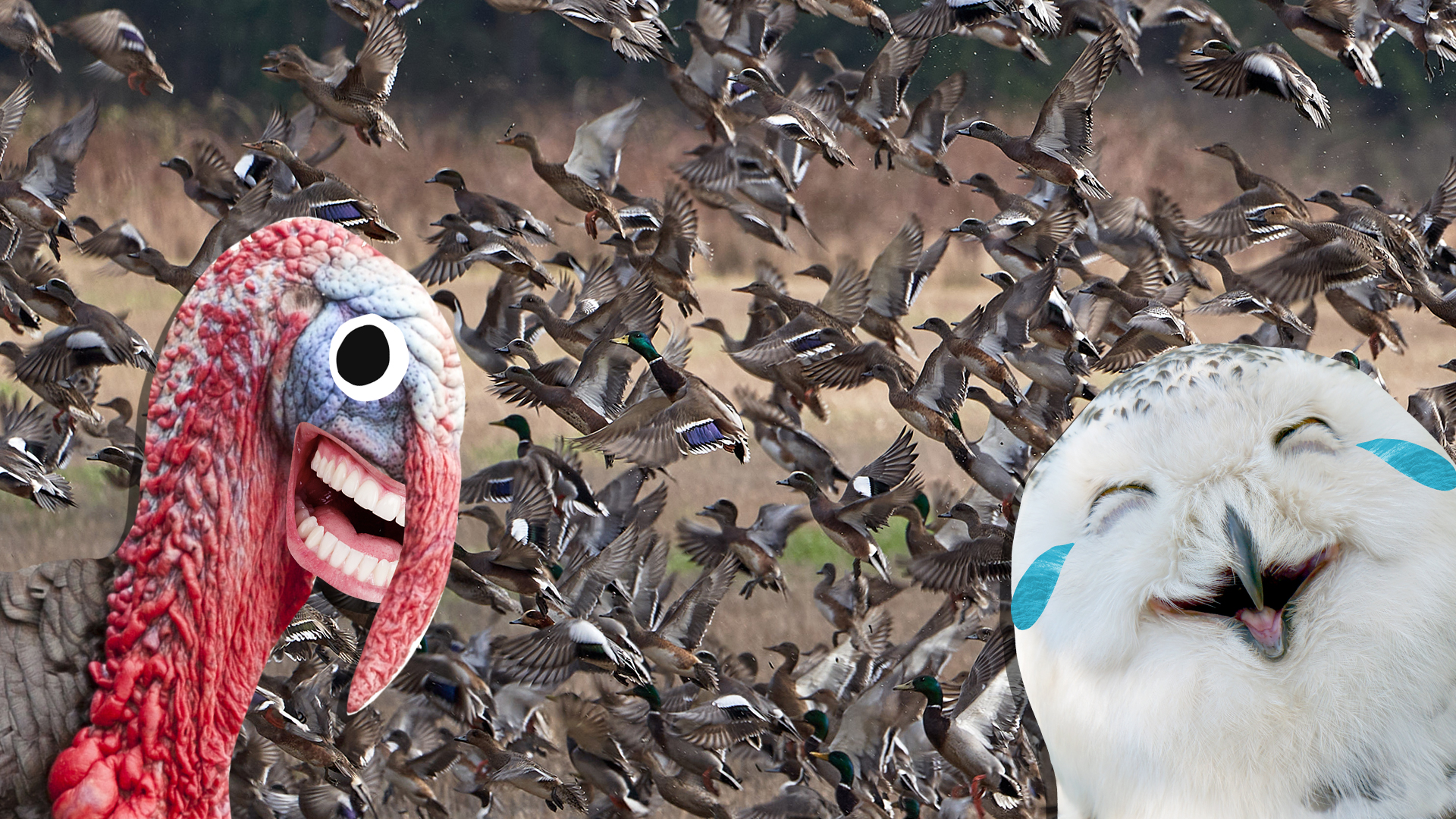
Ducks make real friends with other and live in big groups, alerting each other to danger. Some duck migrations are so big they're made up of groups of literally millions of ducks all migrating together. These huge mega flocks are known as "grand passages" and can fly together for thousands of miles. It's one of the most amazing sights in nature and scientists are still trying to work out how these huge groups organise themselves!
















